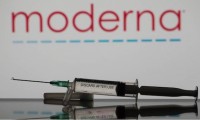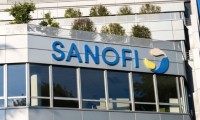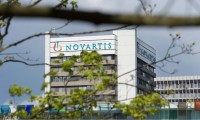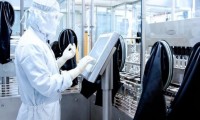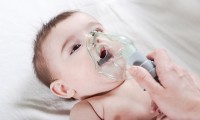-
Safety Concerns About New Weight Loss Drugs Brew as Demand Soars
- Source: drugdu
- 112
- July 9, 2023
-
Moderna strikes deal to develop mRNA drugs in China
- Source: drugdu
- 97
- July 8, 2023
-
Sanofi partners with local drugmakers to crank out vaccines at new manufacturing plant in Saudi Arabia
- Source: drugdu
- 106
- July 7, 2023
-
Sanofi outlines five-pronged approach to reel in €10B in vaccine sales by 2030
- Source: drugdu
- 111
- July 3, 2023
-
Generics to Novartis’ leukemia drug Tasigna to reach poor countries under 4 MPP licenses
- Source: drugdu
- 193
- June 28, 2023
-
Psylo signs research deal with Daiichi Sankyo for psychiatric therapies
- Source: drugdu
- 182
- June 26, 2023
-
AbbVie Files Patent Infringement Lawsuit Against BeiGene’s Brukinsa
- Source: drugdu
- 116
- June 17, 2023
-
Merck’s efinopegdutide shows promise in nonalcoholic fatty liver disease
- Source: drugdu
- 128
- June 16, 2023
-
Pfizer taps Samsung Biologics in long-term biosimilar production deal worth $411M
- Source: drugdu
- 119
- June 11, 2023
-
FDA advisers endorse antibody to protect against RSV in infants and some young toddlers
- Source: drugdu
- 120
- June 10, 2023
your submission has already been received.
OK
Subscribe
Please enter a valid Email address!
Submit
The most relevant industry news & insight will be sent to you every two weeks.


